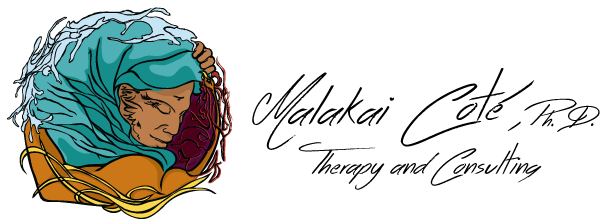We hear a lot in the news about tragedies and challenges that can accompany experiences of transgender people. It is true that navigating in a world of transphobia and other social oppressions can be quite challenging in everyday life. Challenge and tragedy, however, are not the complete picture. It is important to discuss resilience, strength, creativity, and well-being that may also accompany transgender experience and identity development. Researchers are beginning to explore the topics of positive identity for transgender-identified people.
A brief report by Riggle & Mohr (2015) discusses a model of positive identity for adult transgender identified people. One-hundred and thirty-eight transgender identified people (ages 18-67 years old) were included from a sample of LGBT individuals across the United States and 2 non-U.S. countries. This sample was primarily White/Caucasian (87.7%). Based on the results of the study, the authors identified five factors that represent positive identity for trans* folks. These factors are listed below:
- Authenticity ("feelings of congruence, confidence, and inner-strength and awareness”)
- Intimate Relationships (“closer relationships with partners and the breaking of gender norms as part of relationships”)
- Belonging to Community
- Commitment to Social Justice
- Self-Awareness and Insights
According to study results, these factors may describe different aspects of positive gender identity and potential contributors to the general well-being of transgender identified people. It seems like there is a combination of internal factors (i.e., authenticity, self-awareness) and also interpersonal and community factors (i.e., intimate relationships, belonging to community) that have the potential to characterize positive identity. The work currently resides in fostering these characteristics and attempting to cultivate space for these factors to be more prevalent in the lives of transgender people. This endeavor means individual, family, and community transformation in the challenging of intersecting oppressions.
More research is needed that describes and discusses the experiences of trans people of color, but this type of research is a good start. There is a lot of work to be done.
CITATION
Riggle, E. D. B., & Mohr, J. J. (2015). A proposed multi factor measure of positive identity for transgender identified individuals.Psychology of Sexual Orientation and Gender Diversity, 2(1), 78-85. doi:http://dx.doi.org/10.1037/sgd0000082
